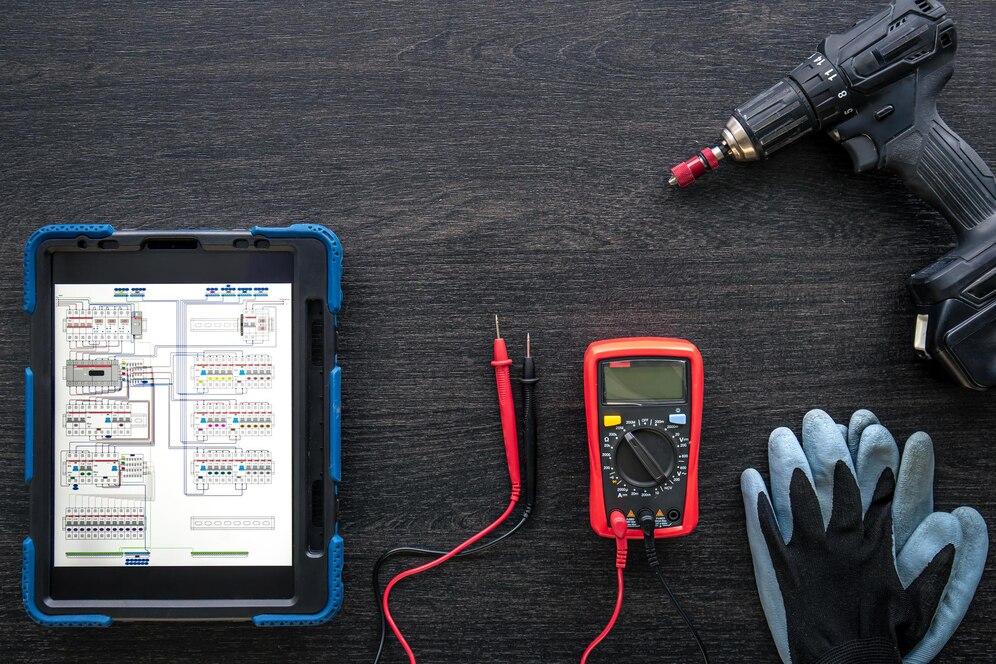For many, the garage serves as more than just a parking spot for vehicles. It often doubles as a workshop for hobbies, a space for household repairs, or even a storage area for extra food and drinks. With such varied activities and the constant movement of tools and appliances in and out of outlets, it’s no surprise that accidents frequently occur in garages. Therefore, it’s essential to assess your garage, identify potential hazards, and implement preventive measures to avoid accidents.
That’s why Experts In Your Home is launching this series of articles on electrical safety tips, focusing on various rooms in your home, including the garage. Here’s a checklist to ensure electrical safety in your garage:
- Regularly test all ground fault circuit interrupters (GFCIs), ideally on a monthly basis, to ensure they are functioning correctly. GFCIs are crucial for preventing electrical shocks by cutting off the flow of electricity when an issue is detected. However, avoid plugging large appliances like refrigerators or freezers into GFCI receptacles, as this could lead to tripping and spoilage. Instead, consider installing dedicated 20 amp appliance circuits for these appliances, a task best handled by a licensed electrician.
- Test the circuit breakers leading to your garage by toggling them on and off three times. Additionally, ensure that none of the circuits are overloaded. If your electrical panel is not adequately labeled or if you’re unsure about the circuit connections, seek assistance from Experts In Your Home.
- Inspect the cords of all tools, appliances, and extension cords for any signs of damage, such as cracks or exposed wires. Replace damaged cords promptly to prevent hazards.
- Match extension cords to the specific tool or job they are intended for, and use cords rated for indoor or outdoor use accordingly. Avoid using extension cords as permanent power sources for tools.
- Hard-wire your garage door opener instead of using an extension cord, similar to how refrigerators and freezers are connected.
- Utilize specialized hand-held lamps designed for garage use, which are durable and typically encased in rubber or plastic for safety. Avoid using standard household lamps to illuminate work areas.
- Keep outlets unobstructed by avoiding stacking boxes or other items against them. This not only prevents accidents but also facilitates access for licensed electricians if needed.
By adhering to these electrical safety tips, you can minimize the risk of accidents and ensure a safer environment in your garage. If you require the expertise of a local electrician in Chico or surrounding areas, don’t hesitate to contact Experts In Your Home for assistance.

